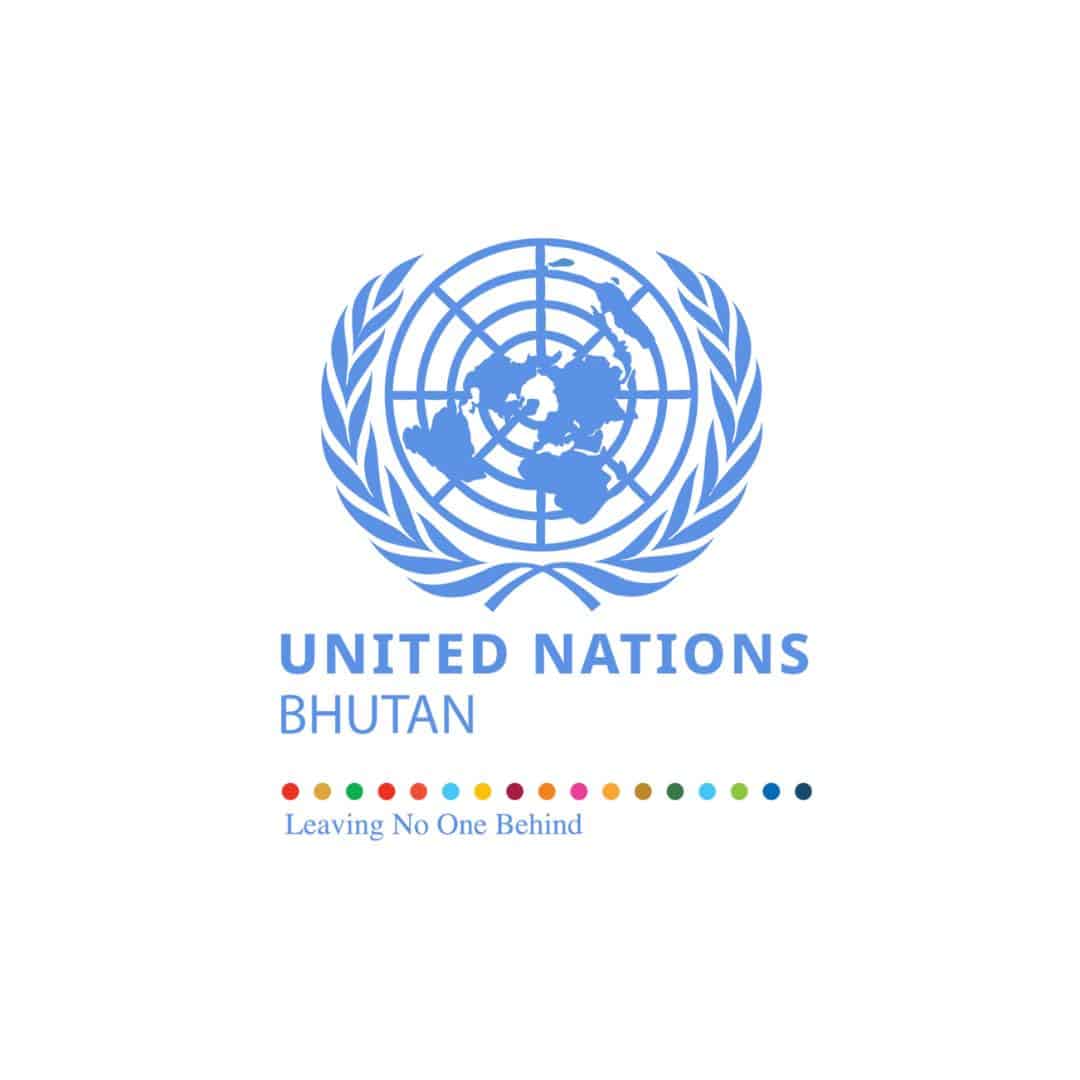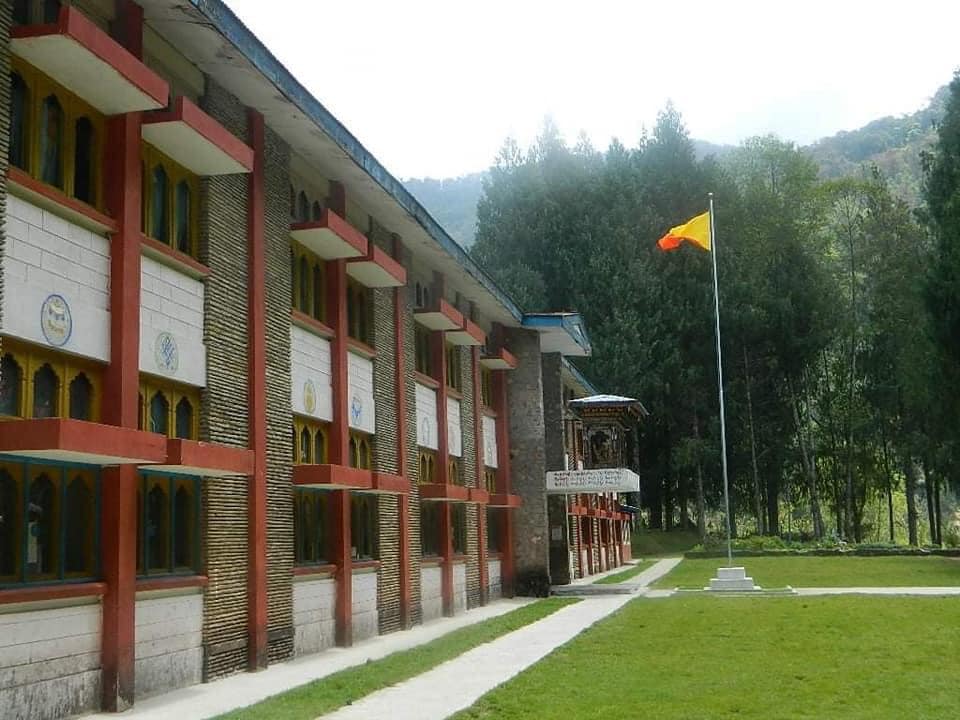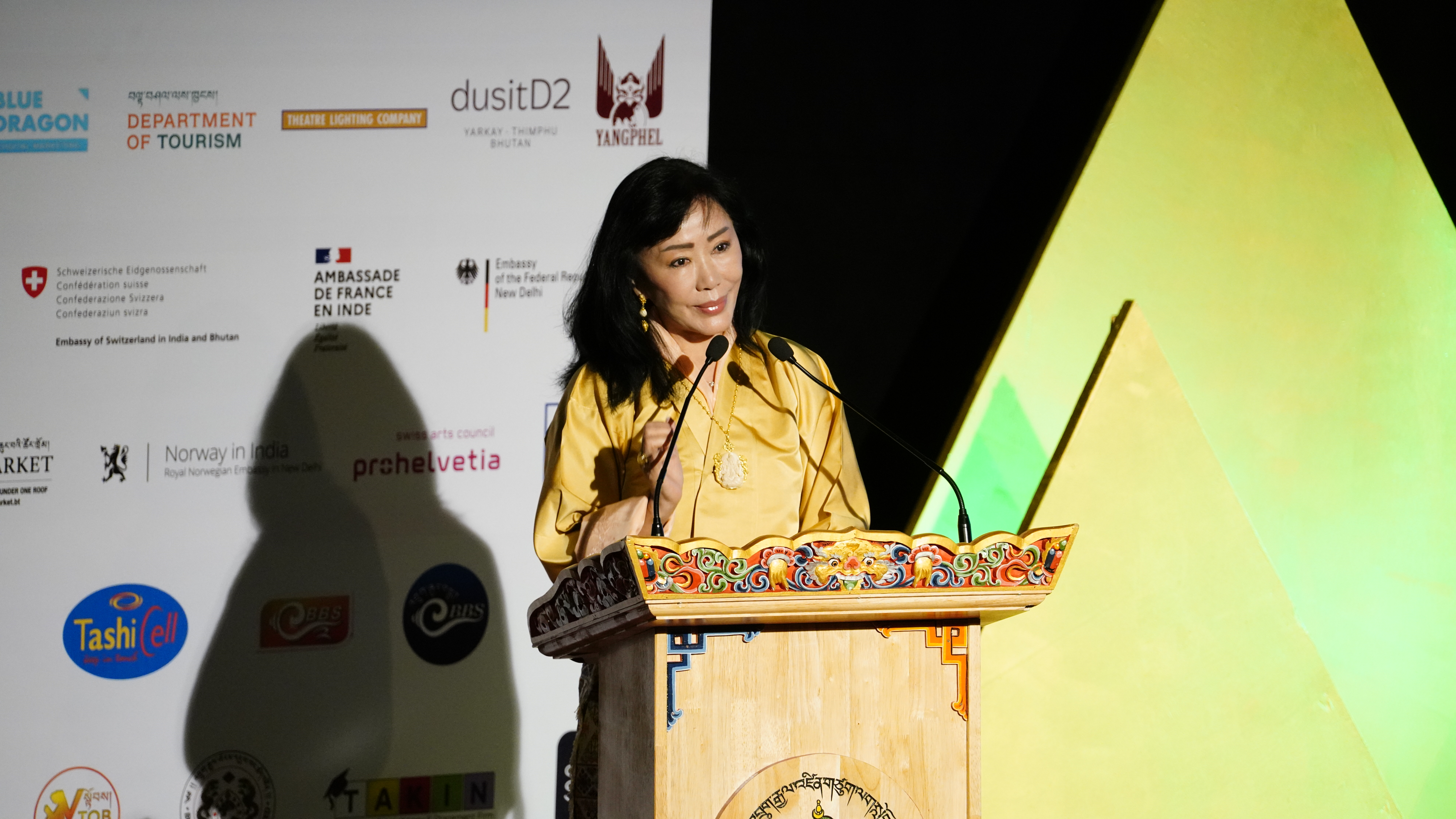The hospital receives cases of civil servants who are affected due to stress related problems caused by separation from spouses, lack of important family support and also requests for posting of spouses in the same place not being honored and at times leading to divorces, alcoholism and drug abuse, according to a Facebook post by Dr. Damber K. Nirola, psychiatrist with the Jigme Dorji Wangchuck National Referral Hospital (JDWNRH).
However, in an email interview with Business Bhutan, Sherab Zangpo, Deputy Chief HR Officer of Well-being Services under the Royal Civil Service Commission (RCSC) said the Civil Servant’s Support Desk (CSSD) did receive a few appeals/ requests from civil servants for their transfer to a place where their spouses work, but no cases was reported to them with regard to mental stress and depression due to physical separation.
“But a few came with medical certificates certifying that they are to be placed near medical facilities so that they can have regular review,” he said.
He mentioned that both husband and wife who are civil servants are placed in the same location.
“Sometimes they do have to be placed in different locations due to unavoidable circumstances like initial appointment, absence of vacant position, and service obligation. Beyond these three considerations, RCSC endeavors to facilitate transfer of couples to the same location in keeping with the spirit of the above rule. It is evident from the number of grievances reported to the agencies that the issue of married civil servants living in separate locations is still a manageable number for which we will keep exploring alternate resolutions,” he said.
Dr. Damber K Nirola also outlined that though some cases are genuine, sometimes civil servants seek recommendations on medical grounds for transfer and it has been found that there is little authenticity in their claims.
Meanwhile, Sherab Zangpo said that when they receive the appeal/request for transfer on medical grounds, they study the case thoroughly, seeking help from the medical doctors in authenticating the genuineness and severity of the medical condition and also requiring the case to be screened/validated by a Board of Doctors.
“We also refer the past medical history and exhaust a protocol before we take a decision. While it is difficult to ascertain a medical condition and even more difficult to arrive at the correct decision, we believe the above process guides us sufficiently to take the best decision,” he said.
He said that the Commission understands the challenges of couples being physically separated and is mindful of the responsibility, as the central personnel agency, to look after the wellbeing of civil servants so that productivity does not suffer at any cost.
“As such, it is not only from the wellbeing perspective that RCSC would like to promote and facilitate the transfer of working couples to the same location but also from an effectiveness and efficiency perspective since productivity in the work place, to a large extent, depends on congenial and conducive ambience,” he added.
To mitigate such problems and available solutions incorporated in the BCSR are extended maternity leave from three months to six; option of availing 24 months extraordinary leave (EOL) when no other solution is in sight; and if both husband and wife are in the same agency, parent agency try to bring them in the same location.
Some approaches on reducing stress and enhancing mental health being initiated by Well-being Services were the Mindfulness Retreat Camp initiated by Commission in collaboration with the Institute of Science of Mind, Semtokha. The program is being initiated to enhance emotional intelligence among civil servants, to enhance mental health and psychological wellbeing of the civil servants; and to build the qualities of mindfulness in civil servants.
RCSC has also initiated Search Inside Yourself (SIY) program to bring mindfulness-based emotional intelligence to the civil servants with an objective to provide all civil servants with the tools of neuroscience-based mindfulness and emotional intelligence, through their experience and training gained by attending an SIY program.
RCSC as the Central Personnel Agency is mandated, among others, to maintain a safe and healthy working environment including health, safety and welfare of its civil servants as prescribed in the Sections 27(f) and 89 of the Civil Service Act of Bhutan 2010.
Considering welfare as equally important as health and safety for civil servants, the RCSC has initiated Civil Service Well-being (CSW) as one of the five work-streams to uplift and sustain the morale of the civil servants in the long run.
RCSC established Civil Servant’s Support Desk (CSSD) to preempt issues and concerns with respect to professional or personal life of civil servants before they become a problem and begins to impede performance. Providing an avenue for the civil servants to raise issues and concerns and make serious attempts to resolve them through counseling and other appropriate interventions. The program was launched across the Civil Service on the 17th of December 2014.
The CSSD has received alcohol and drugs, mental illness and depression cases varying in numbers every year. These cases were resolved through counseling and mentoring with assistance from medical doctors. Most of them are reinstated in their offices and are doing well.
Chencho Dema from Thimphu














